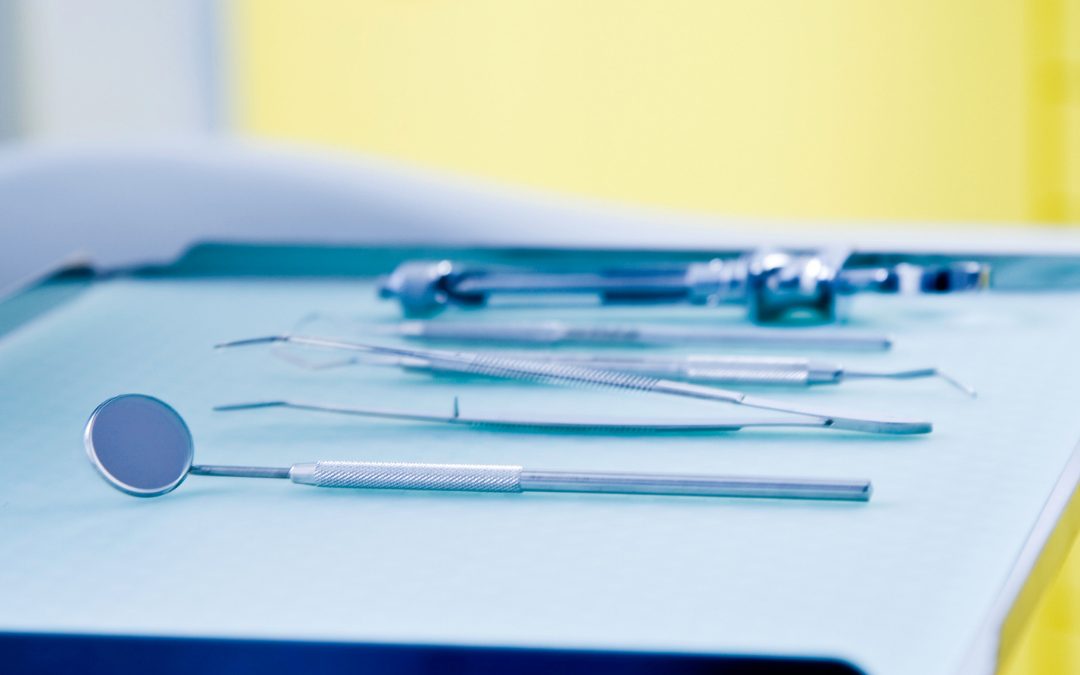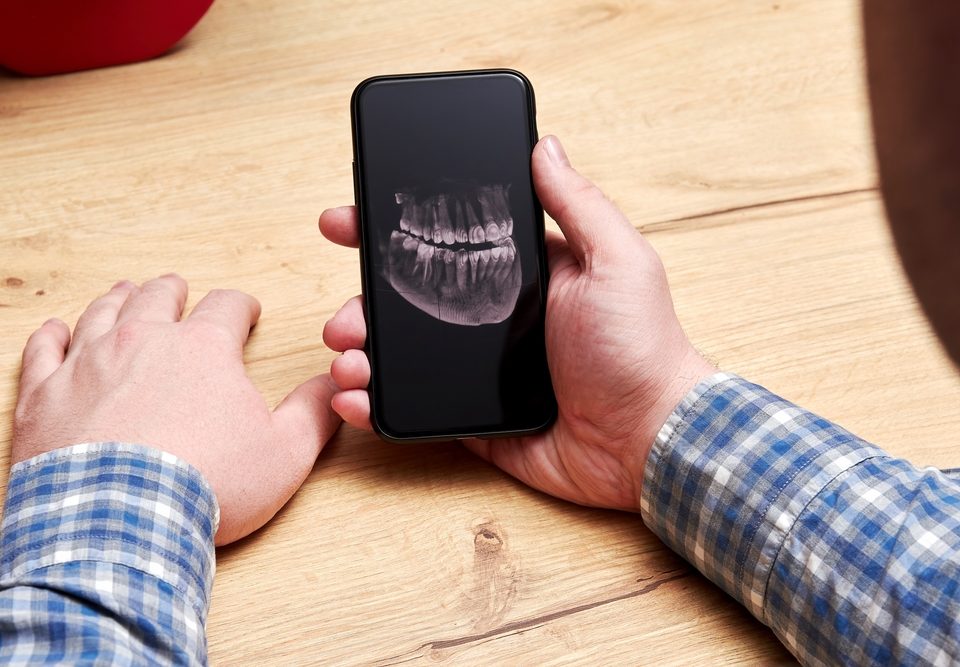
The Top 3 Reasons Your Jaw Clicks
April 22, 2022Sedation Dentistry: Here’s What You Need to Know
Most people feel immense anxiety anytime they have due dental appointments. Some even skip their dental appointments for fear of the unknown, impairing their dental health and functioning. Sedation dentistry is used to alleviate anxiety and provide a relaxing dental experience. Like other dental procedures, patients often ask questions regarding this procedure. Below are some common FAQs.
What is Sedation Dentistry?
Sedation dentistry is crucial for most lengthy or extensive dental procedures. It involves administering sedative drugs to dental patients to relieve anxiety and make the patient comfortable during long dental treatments. This allows dentists to continue with the procedure without being interrupted.
What Are the Different Types of Sedation Dentistry?
Your dentist will decide on the sedative drugs used depending on the scheduled dental procedure and the patient’s needs. Common types of sedation dentistry include;
- Light sedation – achieved using nitrous oxide. It keeps the patient relaxed and comfortable. However, patients stay awake during the procedure.
- Moderate sedation – puts patients into extreme relaxation. Patients feel relaxed and can’t function normally, but can respond to basic commands.
- General anesthesia – this form of sedation puts patients into total sleep. Patients become unconscious and require assistance. It is widely used for lengthy oral surgeries.
Who Needs Sedation Dentistry?
You should consider sedation dentistry if;
- Your phobia of seeing the dentist occasionally results in panic attacks and anxiety
- You have a lengthy dental procedure
- You are worried about pain during the procedure
- You are generally afraid of needles or shots
- You have a strong gag reflex and very sensitive teeth
- The smell and sound of a dentist’s office make you anxious
- You have invasive or complicated dental work
How Long Does Sedation Last?
The length of sedation varies from one patient to another, primarily dependent on the length of the dental procedure, the dosage of sedative drugs, and the individual body’s recovery. Regardless, your dentist will recommend against driving and operating machinery after the procedure. Most patients make a full recovery one to two hours after the treatment.
Does it Block Pain?
Sedative drugs are meant to calm and relax the patient during dental surgery. For pain management, dentists use a local anesthetic. A combination of these two drugs allows patients to have a relaxing and pain-free procedure.
Are There Side Effects?
Most patients report headaches and nausea after the procedure. They can also experience dry mouth, grogginess, and short-term memory loss during and after the procedure.
Will Patients Remember Anything After the Dental Procedure?
The degree of memory loss due to sedation dentistry depends on the type of sedative drugs used. Patients sedated using nitrous oxide inhalation might remember some parts of the procedure. They will have fragmented memories.
Patients under oral sedation won’t remember most things about the dental procedure, because most of them fall asleep after taking the sedatives. IV patients often have very little or no memory of the treatment.
Is Sedation Dentistry Safe?
Sedation dentistry has been in use for many years. Therefore, it is safe and overly effective for nearly all patients waiting for dental treatments. However, not all patients are good candidates. Therefore, before the treatment, your dentist will discuss the general safety of the procedure based on your condition. This includes evaluating your medical history, mental health, and physical condition to determine the suitability of undergoing sedation dentistry. Your dentist may also request clearance from a primary healthcare doctor.
Summary
Sedation dentistry is an important enabler of most dental procedures. However, it should be administered only by qualified dentists with relevant training and experience in handling sedative drugs, equipment, and techniques.




